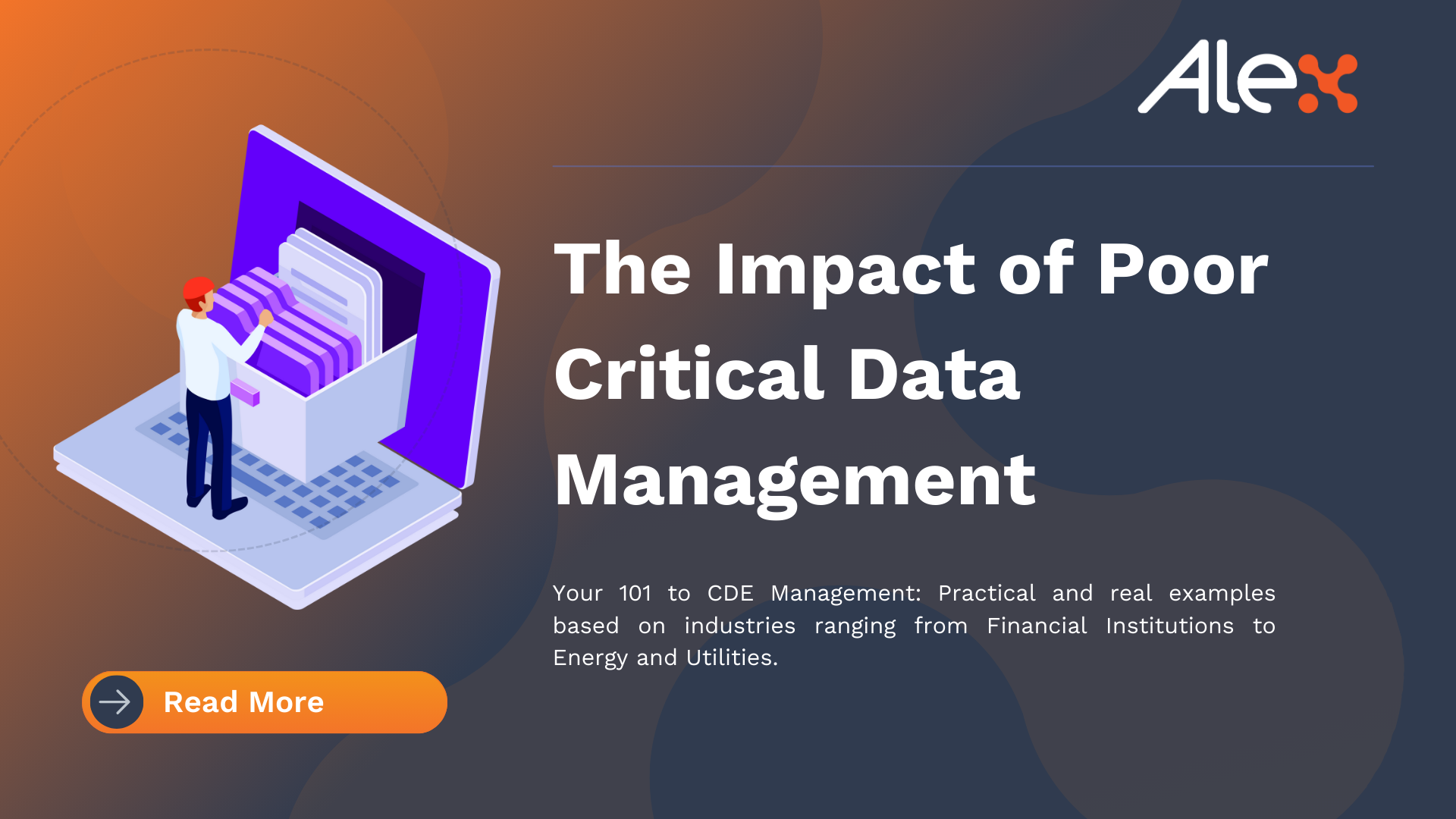Enterprise heads of reporting face a multitude of challenges when tasked with governing reports and analytics across various departments, each operating with distinct data governance standards and varying levels of data trust. These challenges stem from the inherent complexity of large modern businesses, where data is generated and utilized at an unprecedented scale and diversity.
One of the primary challenges is ensuring consistency and standardization in reporting practices. Different departments often use disparate systems and tools to generate reports, leading to inconsistencies in data formatting, definitions, and metrics. This lack of standardization hampers the ability to compare and analyze data across departments, hindering decision-making processes.
Another significant challenge is ensuring data quality and reliability. Departments may have varying levels of data maturity, leading to differences in data accuracy, completeness, and timeliness. This disparity in data quality can result in conflicting or misleading insights, undermining the credibility of reports and decisions based on them.
Additionally, enterprise heads of reporting must navigate the complexities of data governance standards and regulations. Different departments may operate under different regulatory frameworks, such as GDPR, HIPAA, or industry-specific regulations. Ensuring compliance with these standards while maintaining operational efficiency and data accessibility poses a significant challenge.
Furthermore, managing the trust levels of data is crucial. Different departments may have different levels of trust in the data they receive, based on factors such as data source, accuracy, and past experiences. Balancing these trust levels while ensuring data integrity and confidentiality is a delicate task for enterprise heads of reporting.
Another challenge is the need for agile reporting processes. As business environments evolve rapidly, reporting requirements can change frequently. Enterprise heads of reporting must ensure that reporting processes are flexible enough to adapt to these changes quickly, without compromising data quality or governance standards.
Clearly, enterprise heads of reporting face a myriad of challenges when governing reports and analytics across different departments with varying data governance standards and trust levels. Overcoming these challenges requires a combination of standardization, data quality management, regulatory compliance, and agile reporting processes. Only by addressing these challenges can organizations effectively harness the power of their data for informed decision-making and strategic planning.
The Overarching Challenge: Data Reporting Rationalization
In addition to the challenges mentioned earlier, enterprise heads of reporting grapple with the daunting task of rationalizing their reporting and analytics landscape. This involves optimizing resource and cost deployment, unifying governance of enterprise reporting and analytics, and instilling trust in data across the organization.
One of the key challenges is optimizing resource and cost deployment. With multiple departments operating independent reporting and analytics systems, there is often duplication of effort and resources. Rationalizing the landscape involves identifying redundancies and inefficiencies in reporting processes and systems, and reallocating resources to more strategic initiatives. This requires a deep understanding of the enterprise’s reporting needs and the ability to prioritize and optimize resource deployment accordingly.
Another challenge is unifying governance of enterprise reporting and analytics. Different departments may have developed their governance frameworks, leading to siloed approaches to data governance. Rationalizing the landscape involves harmonizing these disparate governance frameworks into a unified, enterprise-wide governance model. This requires strong leadership and collaboration across departments to ensure alignment with business goals and regulatory requirements.
Furthermore, instilling trust in data is critical for effective reporting and analytics. Inconsistencies in data quality, reliability, and security can erode trust in the reports and analytics generated by the enterprise. Rationalizing the landscape involves implementing robust data quality management practices, ensuring data integrity and confidentiality, and fostering a culture of data-driven decision-making. This requires a holistic approach to data governance, encompassing people, processes, and technology.
Rationalizing the reporting and analytics landscape is a multifaceted challenge for enterprise heads of reporting. It requires a strategic approach to optimizing resource and cost deployment, unifying governance, and instilling trust in data. By addressing these challenges, companies can streamline their reporting and analytics processes, improve decision-making, and drive business value from their data assets.
How Reporting Leaders Can Solve Common Reporting Challenges
Alex Solutions offers a comprehensive suite of features designed to address the challenges faced by enterprise heads of reporting. At its core, Alex provides automated systems and data reporting capabilities that streamline the reporting process, reducing manual effort and errors. By automating routine data cataloging and profiling tasks, Alex enables you to free up valuable resources for more strategic initiatives.
One of the key features of Alex is its unified data analytics and reporting governance platform for the enterprise. By providing a single, centralized platform for data reporting and analytics governance, Alex eliminates data silos and ensures consistency in reporting practices across departments. This unified approach to reporting governance enhances data quality and reliability, enabling enterprises to make informed decisions with confidence.
Moreover, Alex incorporates automated data quality measures for trust validation. By automatically validating data against predefined quality metrics, Alex helps businesses identify and rectify data issues before they impact decision-making. This proactive approach to data quality management enhances the trustworthiness of reports and analytics, fostering a culture of data-driven decision-making.
Alex also helps companies rationalize their reporting landscape by addressing common challenges such as data silos, manual data entry errors, and inconsistent reporting formats. By providing a unified platform for reporting, Alex enables businesses to standardize their reporting practices, reducing errors and improving efficiency. Furthermore, Alex’s advanced data integration capabilities allow enterprises to integrate data from multiple sources seamlessly, further enhancing the accuracy and reliability of reports and analytics.
The Alex reporting solution offers powerful capabilities designed to help enterprise reporting leaders overcome the challenges they face in managing and governing data, reports and analytics. By providing automated systems and data reporting capabilities, a unified analytics and reporting governance platform, automated data quality measures, and tools for rationalizing the reporting landscape, Alex empowers analytics and reporting leaders and their teams.
Getting Over The Enterprise Heads of Reporting Challenges
Most enterprise reporting leaders still face challenges governing and rationalizing their reporting landscape. Alex provides a comprehensive approach to address these challenges, with automated systems and data reporting capabilities, a unified analytics and reporting governance platform, and automated data quality measures. By providing a unified platform for reporting, Alex helps organizations streamline their reporting processes, improve data quality, and make informed decisions with confidence.
To see the Alex solution in action and learn how it can help your organization overcome its reporting challenges, download our on-demand webinar today. Experience firsthand how Alex can transform your reporting landscape by wiping out tech overhead and freeing up costs:
Free Trial




